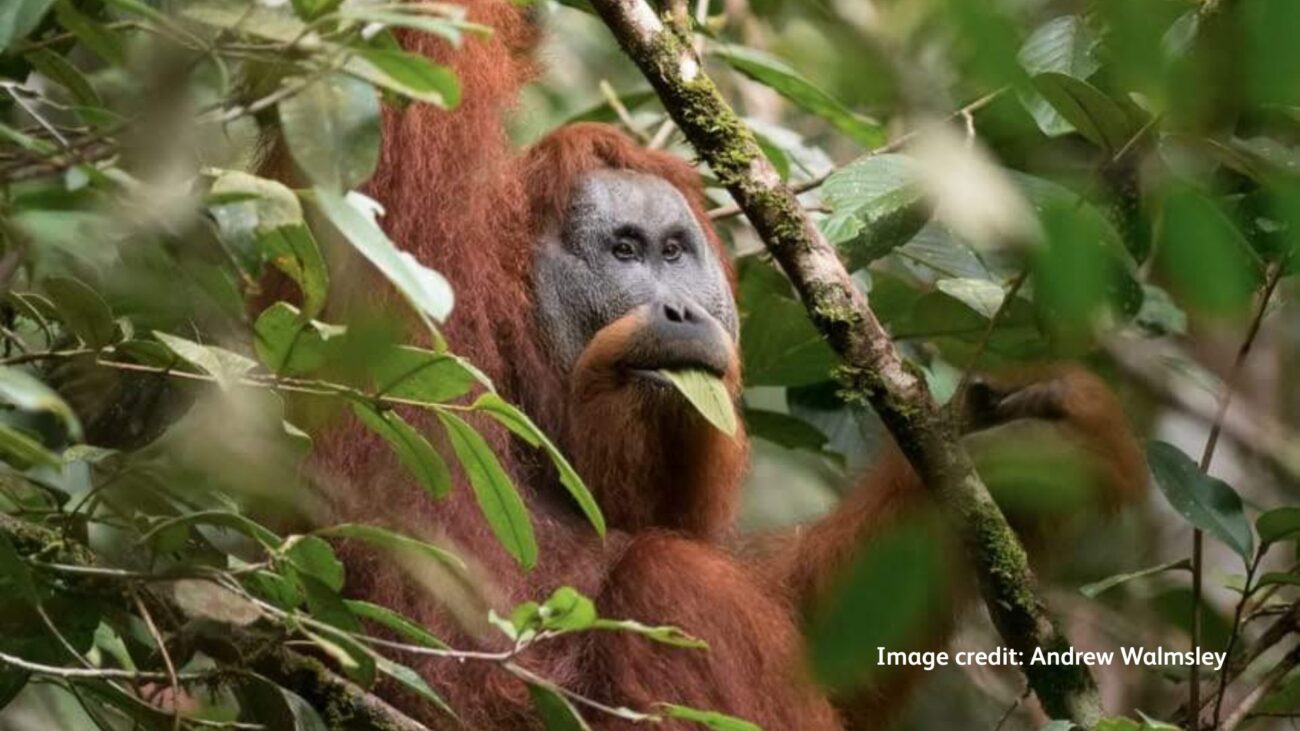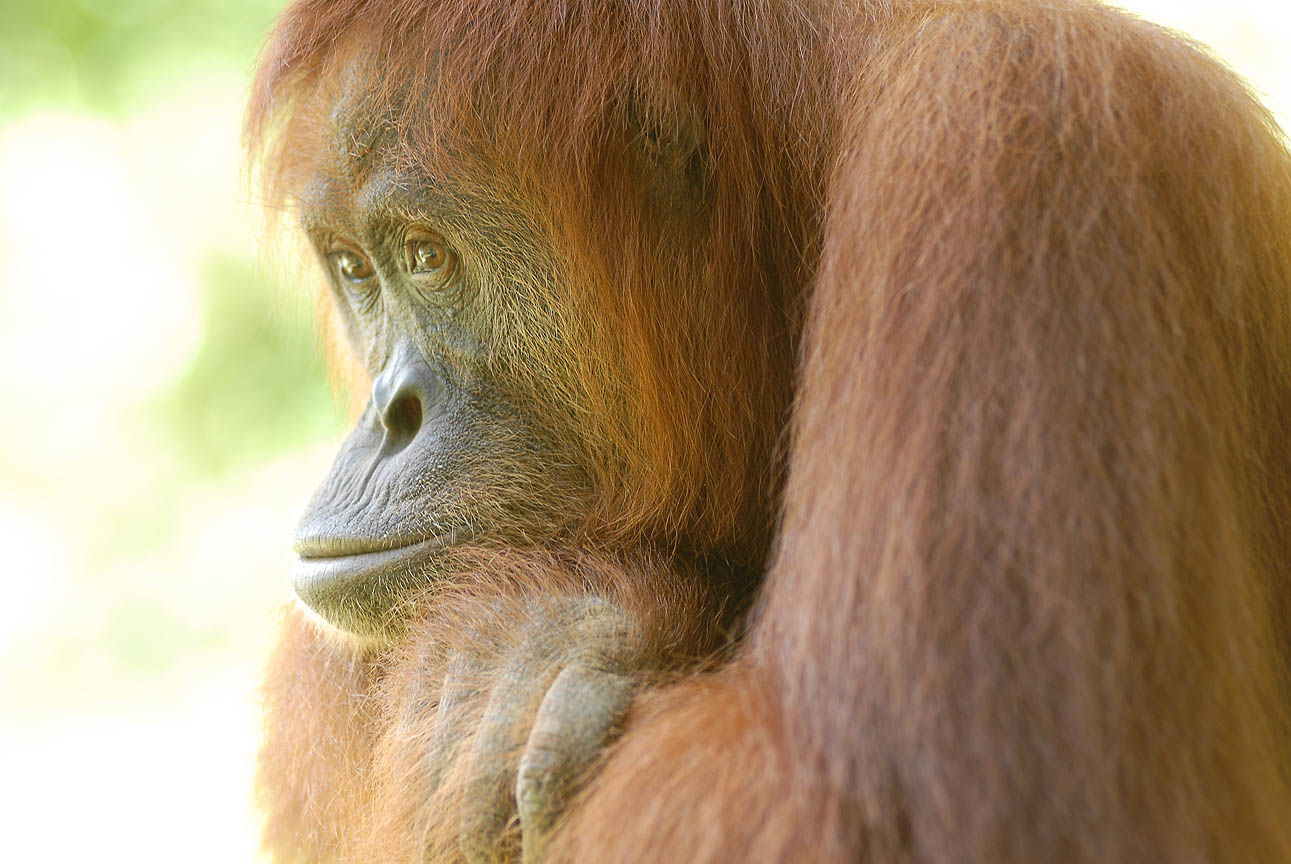An international team of primate researchers has published a new report entitled “Primates in Peril” , which outlines the 25 most endangered primate species. Compiled by the IUCN SSC Primate Specialist Group, International Primatological Society, and Re:wild, the report highlights the urgent need for global conservation action.
The 2025 list includes nine primate species from Asia, six from the Americas, six from the African mainland, and four from Madagascar. The team behind the report state that the top 25 species weren’t chosen based solely on threat level. Instead, scientists intentionally selected them to represent the diverse regions where primates live and the wide variety within the primate order.
“Every primate species that we lose not only means an irreparable loss for nature, but also for us humans. Because primates are not only fascinating animals — they are also key species of our ecosystems.” Christian Roos, German Primate Center

The Tapanuli orangutan (Pongo tapanuliensis) is the world’s rarest great ape, with fewer than 800 individuals left. They are only found in the remote Batang Toru ecosystem. We’re working with our partners to protect these critically endangered orangutans by building canopy bridges in Batang Toru, offering a crucial lifeline.

The Madame Berthe’s mouse lemur (Microcebus berthae) is the smallest primate in the world. This species was discovered in 1993 and weighs just 30 grams. The Madame Berthe’s Mouse Lemur has disappeared from most of the remaining intact forests and there are no captive populations.

The striking-looking pied tamarin (Saguinus bicolor) has a small distribution near the Brazilian city of Manaus. Including the pied tamarin in the top 25 list was a strategic decision, to raise awareness about the species and to reach governments and institutions. For this species, it worked. In 2024, the Brazilian government created the Pied Tamarin Wildlife Refuge, a strict reserve.
This report underlines the urgent need for targeted conservation efforts and spotlights some of the most vulnerable species. Our CEO, Helen Buckland, explains:
“This report is a powerful reminder that wild orangutans face an uncertain future. They are vulnerable to habitat loss and fragmentation, whilst also facing broader threats like disease and climate change. To secure their survival, we must address the root causes of biodiversity loss, not just the symptoms. There is still hope for Tapanuli and Sumatran orangutans, if we invest in inclusive, community-centred conservation efforts that support both people and nature to thrive.”
Want to help? Donate to SOS and help secure a thriving future for wild orangutans: donate.orangutans-sos.org
You can help protect Sumatra's Orangutans. Click to get updates
